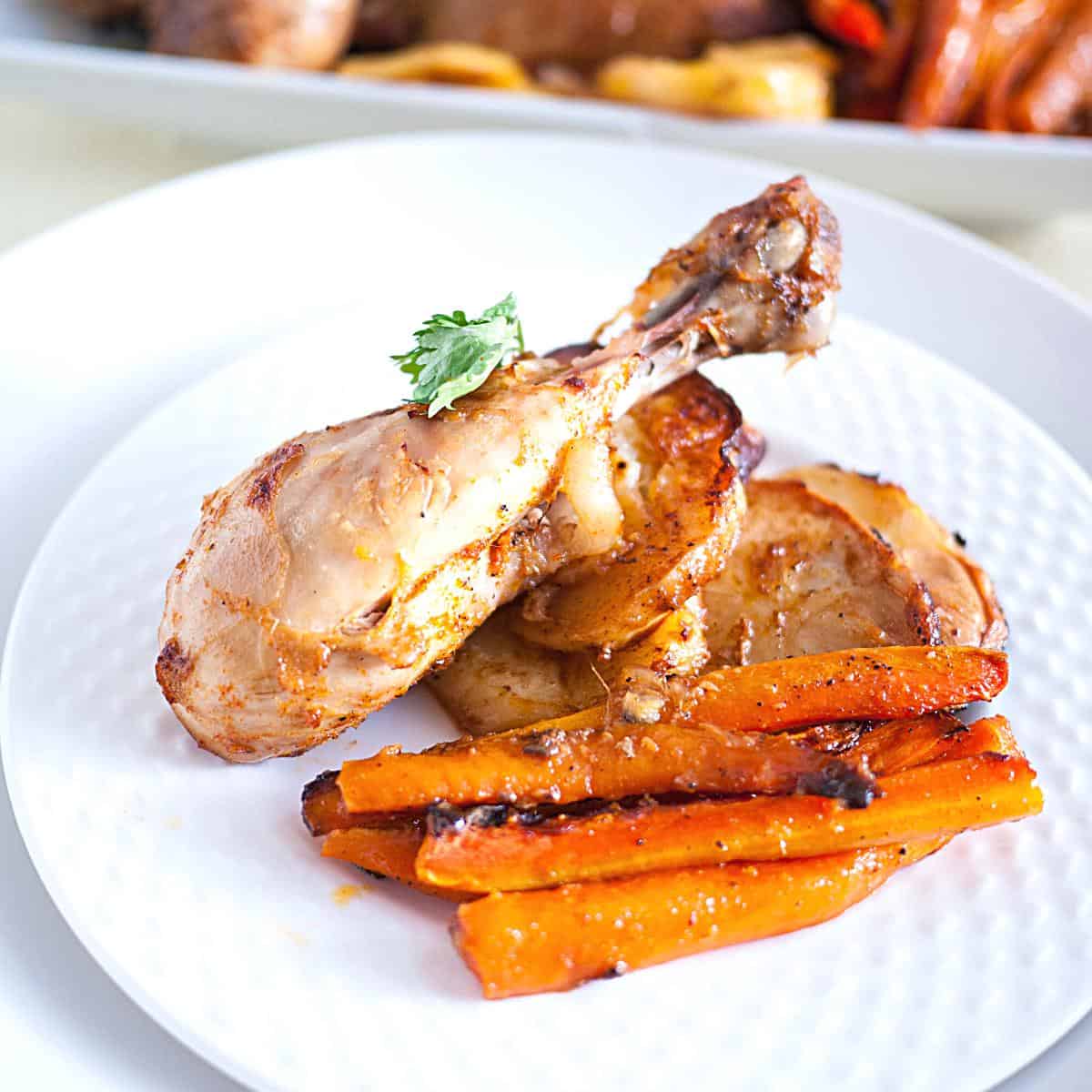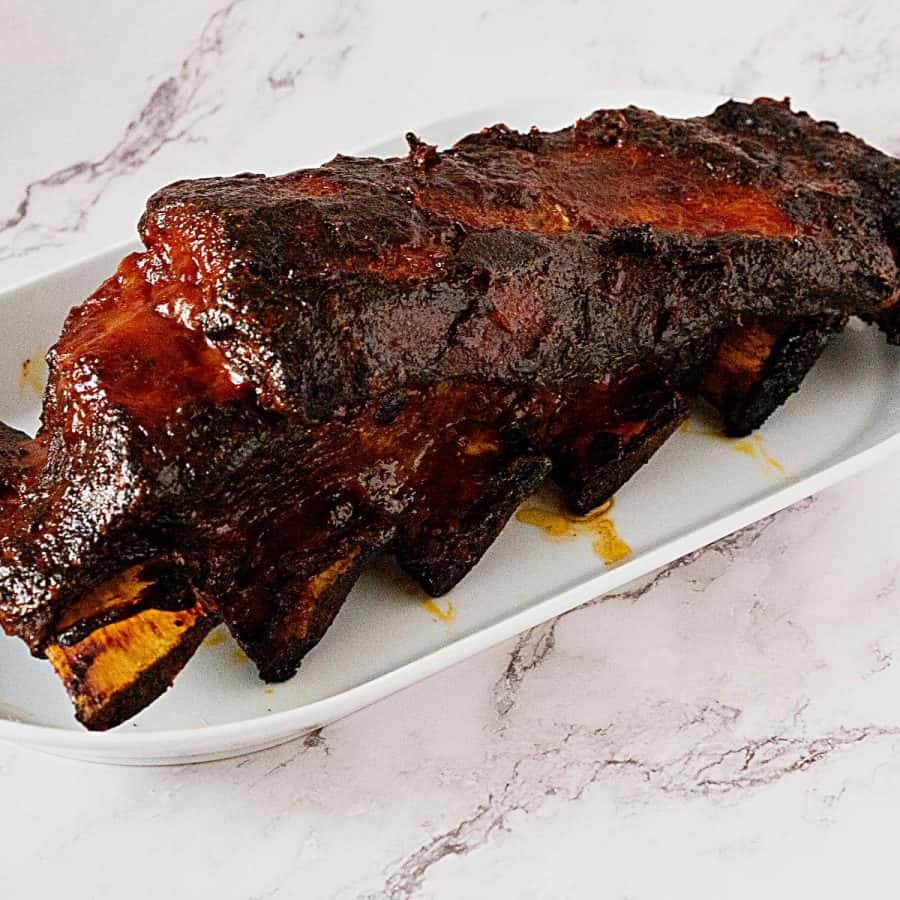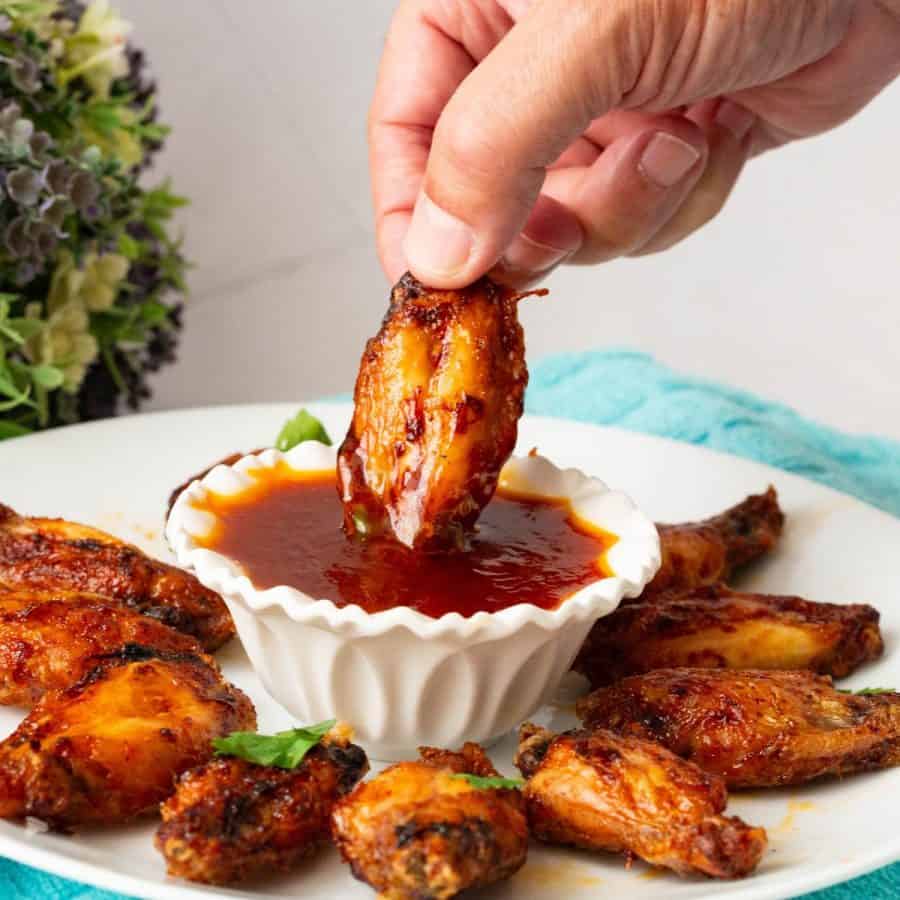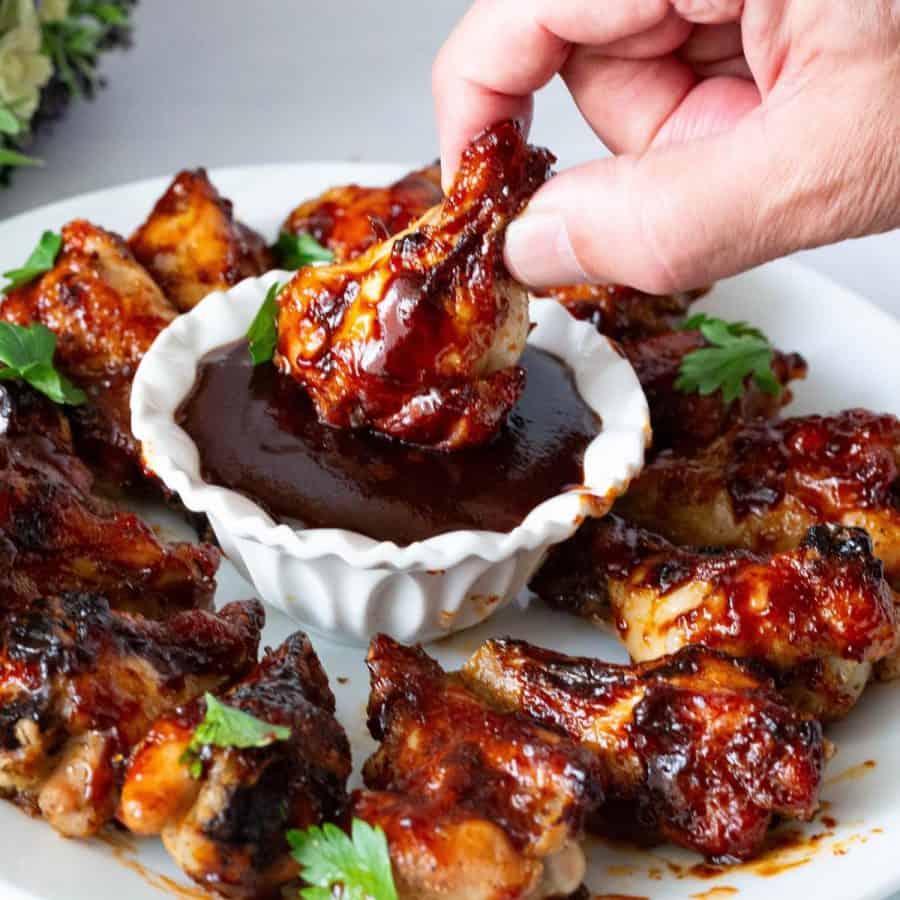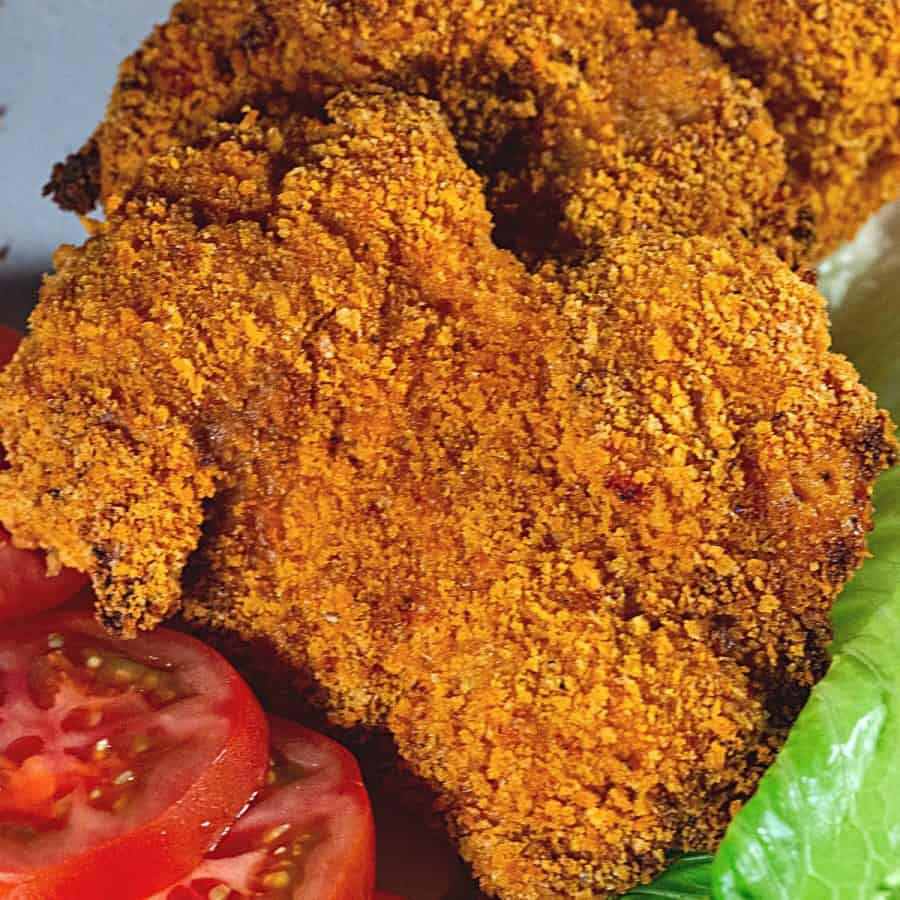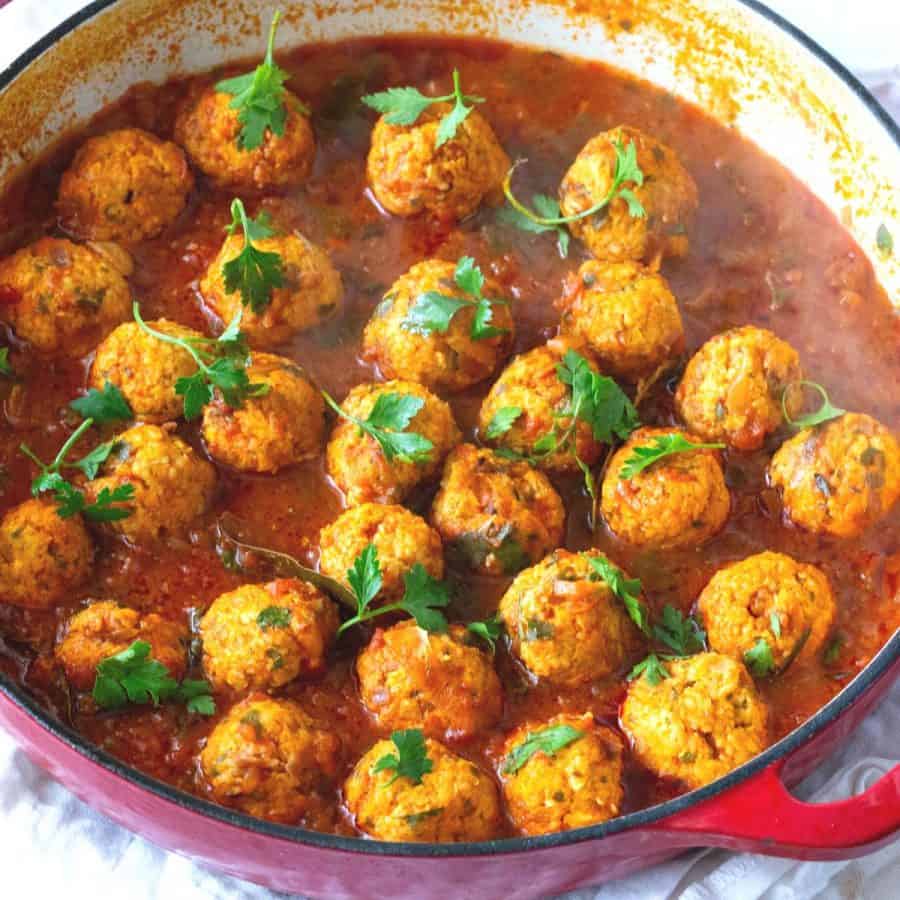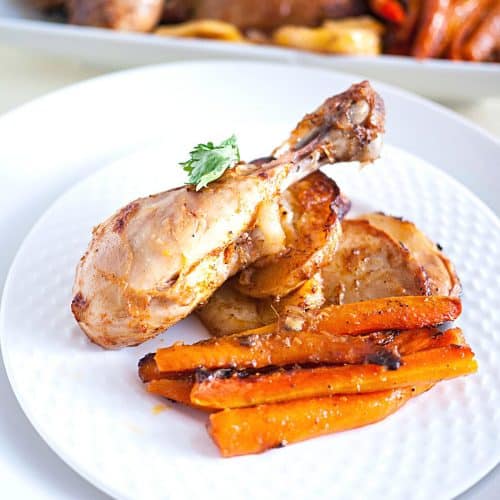Mastering the art of chicken marinades is the key to unlocking a world of flavorful possibilities. We’ll explore the importance of a good marinade, understanding its basic components, and ensuring food safety. And provide tips for marinating chicken perfectly and cooking it to perfection. You’ll be ready to create mouthwatering dishes that will impress everyone at your table. So, are you ready to take your chicken dishes from ordinary to extraordinary?
The importance of a good marinade
To truly appreciate the importance of a good marinade, it’s essential to understand what makes it truly exceptional.
A marinade is not just a simple sauce or seasoning; it’s a carefully crafted blend of flavors that work together to transform ordinary chicken into an extraordinary culinary masterpiece. At its core, a marinade consists of three key components: acidity, fat, and seasonings. The acidity, often provided by ingredients like vinegar, citrus juice, or wine, helps tenderize the chicken by breaking down its proteins. This not only enhances the texture but also allows the flavors in the marinade to penetrate deep into the meat, resulting in a more flavorful and succulent end product. The fats such as oil or butter in a marinade serves multiple purposes. First and foremost, it acts as a carrier, delivering the flavors of the seasonings to every nook and cranny of the chicken. And it also helps prevent the meat from sticking to the grill or pan. Thus, ensuring a beautifully caramelized exterior without any frustrating struggles to pry it loose. And, then, there’s seasonings. This is where the magic happens. Where you can let your creativity soar and customize your marinade to suit your taste buds. From aromatic herbs like rosemary and thyme to pungent spices like cumin and paprika, the possibilities are endless. Experiment with different combinations to find your signature flavor or simply follow one of the tantalizing recipes provided; and you’ll soon discover how a well-balanced blend of seasonings can take a chicken dish from average to extraordinary.
Understanding the basic components of a marinade
But before you start throwing ingredients together, it’s important to keep a few things in mind.
Firstly, balance is key. While you want the flavors to shine, you don’t want any single element to overpower the others. A good marinade should combine the right amount of acidity, sweetness, saltiness, and spiciness to create a harmonious flavor profile. Secondly, consider the cooking method you plan to use. Some marinades are better suited for grilling, while others work best for baking or sautéing. The type of marinade you choose can greatly impact the final texture and taste of your chicken. For example, a marinade with a higher sugar content could caramelize beautifully on the grill, creating a crisp and flavorful exterior. On the other hand, a marinade with a higher fat content might lend itself well to a tender and succulent result when baked. Lastly, don’t rush the process. The longer you marinate the chicken, the more time the flavors have to infuse and work their magic. Patience truly pays off when it comes to marinating. Ideally, you should marinate your chicken for at least 30 minutes, but overnight marination can offer even more depth of flavor.
Understanding the basic components of a marinade and the role they play in creating an unforgettable chicken dish is undoubtedly exciting. But before you dive into the world of marinades, it’s crucial to understand the importance of food safety when marinating. By following some key guidelines, you can ensure that your culinary adventures not only remain safe but also truly enjoyable.
Important of food safety when marinating
Marinating chicken can be a fantastic way to infuse flavors, tenderize the meat, and create succulent, mouthwatering dishes. However, it’s essential to remember that when dealing with raw chicken, proper food safety measures are paramount. This is because chicken has a higher risk of containing harmful bacteria, such as Salmonella or Campylobacter, that can cause foodborne illnesses if not handled and cooked correctly. Therefore, to ensure the safety of your marinating process, there are a few key guidelines to keep in mind.
First and foremost, always store raw chicken in the refrigerator, preferably in a sealed container or wrapped securely in plastic wrap. This prevents any potential cross-contamination with other food items in your fridge and helps maintain the chicken’s freshness. Also, when marinating chicken, it’s crucial to do so in the refrigerator and never at room temperature. This helps inhibit the growth of bacteria and minimizes the risk of foodborne illnesses. As a general rule of thumb, marinate chicken for a minimum of 30 minutes and a maximum of 24 hours. Beyond that, the marinade can begin to break down the chicken’s texture or potentially introduce harmful bacteria. Another essential point to remember is to discard any leftover marinade that has come into contact with raw chicken. This helps prevent cross-contamination and ensures that your cooked chicken doesn’t come into contact with any potentially harmful bacteria from the raw meat. Lastly, cooking marinated chicken thoroughly is essential to ensure it reaches a safe internal temperature of 165°F (74°C). This kills any bacteria that may be present and ensures the chicken is safe to eat. So, invest in a good meat thermometer to accurately gauge the chicken’s doneness and avoid any guesswork.
Remember, each marinade can have many possibilities. The same marinade can provide different results when grilled, baked, sautéed, or stewed. Be creative!
12 Chicken marinade recipes
1. Lemon herb marinade
2. Teriyaki marinade
3. Spicy chipotle marinade
4. Greek yogurt marinade
5. Honey mustard chicken marinade
6.Thai coconut curry marinade
7. Balsamic marinade
8. BBQ marinade
9. Fajita marinade
10. Pesto marinade
11. Curry marinade
12. Cilantro lime marinade
Tips for marinating chicken perfectly
When it comes to marinating chicken, the goal is not just to infuse it with flavor but also to ensure it is safe to eat. The following tips will help you marinate chicken perfectly, taking your culinary skills to the next level.
First and foremost, it’s important to choose the right marinade. Consider the flavors you want to enhance and select a marinade that complements them. Whether it’s a tangy citrus-based marinade or a savory herb-infused one, make sure it aligns with your taste preferences. Experimenting with different marinades can also add variety to your recipes. To maximize the flavor, it’s crucial to allow enough time for the chicken to marinate. While some marinades can work their magic in as little as 30 minutes, others may require several hours or even overnight. So, be sure to check the recipe or marinade instructions for specific guidance. Remember, the longer the marinating time, the more intense the flavors will be. Properly preparing the chicken before marinating is another crucial step. Thoroughly clean the chicken and pat it dry to remove any excess moisture. This will help the marinade adhere to the meat better, resulting in a more flavorful outcome. And if desired, you can also score the chicken or create small cuts to allow the marinade to penetrate deeper. Also, when marinating, be mindful of the temperature at which you store the chicken. It’s essential to keep it refrigerated as chicken is highly perishable. A rule of thumb is to marinate chicken in the fridge. This will slow down the growth of harmful bacteria and ensure food safety. And while it may be tempting to reuse the marinade for basting or sauce, it’s best to avoid doing so. Because, any marinade that comes into contact with raw chicken contains bacteria and should not be consumed unless it is cooked thoroughly. Instead, prepare a separate batch of fresh marinade or set some aside before marinating for later use as a sauce or basting liquid. Lastly, always remember to discard any leftover marinade that has come into contact with raw chicken. Cross-contamination can occur if you use the marinade as a sauce without cooking it. Thus, to ensure food safety, it’s best to rely on fresh marinade for serving purposes.
How to properly cook marinated chicken
To truly master the art of chicken marinades, you need to know how to cook your marinated chicken properly. After all, the marinating process is just the first step in creating a delicious meal. By cooking your chicken precisely, you can bring out the flavors and textures you’ve worked so hard to infuse during the marinating process. There are a few ways to cook your marinated chicken such as grilling, roasting or cooking on the stovetop skillet.
Grill or roast marinated chicken
When it comes to grilling or roasting marinated chicken, there are a few key techniques to keep in mind.
First and foremost, make sure your grill or oven is preheated to the appropriate temperature. This will ensure that the chicken cooks evenly and thoroughly, creating a delicious and juicy result. Next, consider the cooking time. Depending on the size and thickness of your chicken pieces, the cooking time may vary. It’s important to follow the recipe’s instructions or use a meat thermometer to check for doneness. Overcooking the chicken can result in dry and tough meat, while undercooking can be a food safety risk. And to add some extra flavor and color to your grilled or roasted chicken, you can baste it with the marinade during cooking. However, be careful when doing this, as you need to avoid cross-contamination. Remember to separate the marinade that comes into contact with raw chicken from the sauce you plan to use for serving. Using fresh marinade for basting purposes ensures food safety and prevents any unwanted bacteria from spreading. Lastly, for grilling, keep an eye on the heat. Too high of a temperature can lead to charring and a burnt exterior, while low heat can result in undercooked chicken. Finding the right balance and adjusting the heat accordingly will help you achieve that perfect char and caramelization on the outside while maintaining tender and juicy meat on the inside.
Cooking chicken on the stovetop skillet
To begin, preheat your skillet over medium-high heat. It’s important to give it enough time to get nice and hot before adding the chicken. This helps create that delicious sear on the outside while sealing in all the flavors and juices. Remember, a hot skillet is essential for achieving that coveted caramelization and texture. Once your skillet is hot, drizzle in a generous amount of oil or melt a bit of butter to prevent the chicken from sticking. The oil also aids in creating a golden, crispy crust. Make sure to evenly coat the bottom of the skillet to ensure uniform cooking. Now it’s time to add your marinated chicken to the skillet. Lay each piece gently, making sure not to overcrowd the pan. Overcrowding the skillet can reduce the heat and result in steaming rather than searing the chicken. Give each piece ample space to develop that mouthwatering char. As the chicken cooks, resist the urge to constantly move or flip it. Allow each side to cook undisturbed for a few minutes before flipping. This allows the chicken to develop that beautiful color and crispy texture on the outside. Additionally, it helps to create a flavorful crust that keeps the juices locked inside. Cook the chicken until it reaches an internal temperature of 165°F (74°C). Use an instant-read thermometer to ensure accuracy. Remember to adjust the heat as needed to prevent overcooking or burning. You want the chicken to be cooked through while retaining its juicy tenderness. Once cooked, remove the chicken from the skillet and let it rest for a few minutes before serving. This resting period allows the juices to redistribute, resulting in a more flavorful and succulent final dish.
Experimenting with your own unique chicken marinades
There’s something incredibly satisfying about creating a dish that is completely your own, where the flavors are tailor-made to your preferences. So, why not unleash your creativity in the kitchen and come up with your own signature marinades? The possibilities are endless when it comes to crafting your own chicken marinades. You can draw inspiration from various cuisines around the world or experiment with unexpected flavor combinations. Perhaps you’re a fan of bold and spicy flavors, in which case you might want to try a marinade with a kick of chili peppers, garlic, and a splash of lime juice. Or maybe you prefer the subtle sweetness of honey and soy sauce, complemented by the earthiness of ginger and a hint of sesame oil. When creating your own marinades, it’s important to keep a few things in mind.
First, balance is key. Make sure to combine flavors that complement and enhance each other rather than overpowering the taste of the chicken. Second, don’t be afraid to get creative with your ingredients. Think outside the box. Consider using herbs, spices, fruits, or even a splash of your favorite alcoholic beverage to add depth to your marinades. Once you’ve mixed up your marinade, place your chicken in a zip-lock bag or a shallow dish. Then, pour the marinade over it, and let it marinate in the refrigerator for at least an hour, ideally overnight. The longer the chicken marinates, the more intense the flavors will become.
Experimenting with your own unique chicken marinades not only allows you to customize your dishes to your liking but also opens up a world of culinary exploration. As you continue to refine your skills in marinating and cooking chicken, you’ll find that each new creation brings you closer to mastering the art of chicken marinades. So, go ahead, let your imagination run wild, and prepare to delight your taste buds with your very own mouthwatering creations.
10 Tips for Carving CakesEmoji Cake Tutorial – Standing MehHomemade Sour Cream – 3 MethodsGrilled Lamb ChopsCupcakes Tips and Troubleshooting
Frequently asked questions
Don’t be afraid to experiment with your own unique marinades, allowing your culinary creativity to soar. As you savor the juiciest, most tender and flavorful chicken you’ve ever tasted, remember that the true magic lies in the marinade. So go ahead, elevate your chicken dishes to a whole new level of flavor. As Julia Child once said, “The best way to execute French cooking is to get good and loaded and whack the hell out of a chicken.” It’s time to whack the hell out of your chicken with these irresistible marinades! Did you LIKE this recipe? Save it for later. You can find my recipes on Pinterest. Follow me on Facebook, Twitter, and Instagram.Subscribe, and I’ll send you new recipes right to your inbox. Thank you for sharing - Save for later






